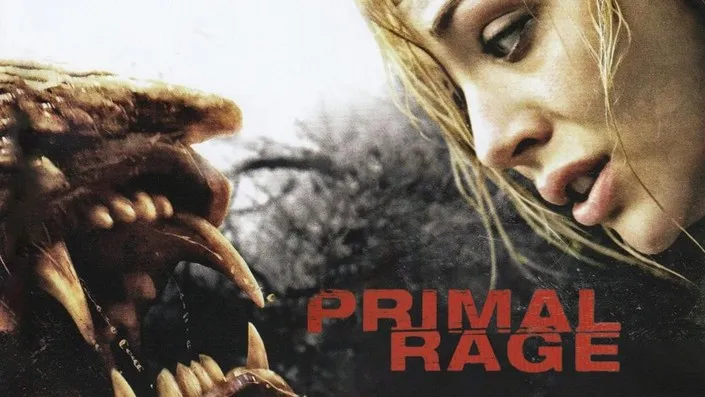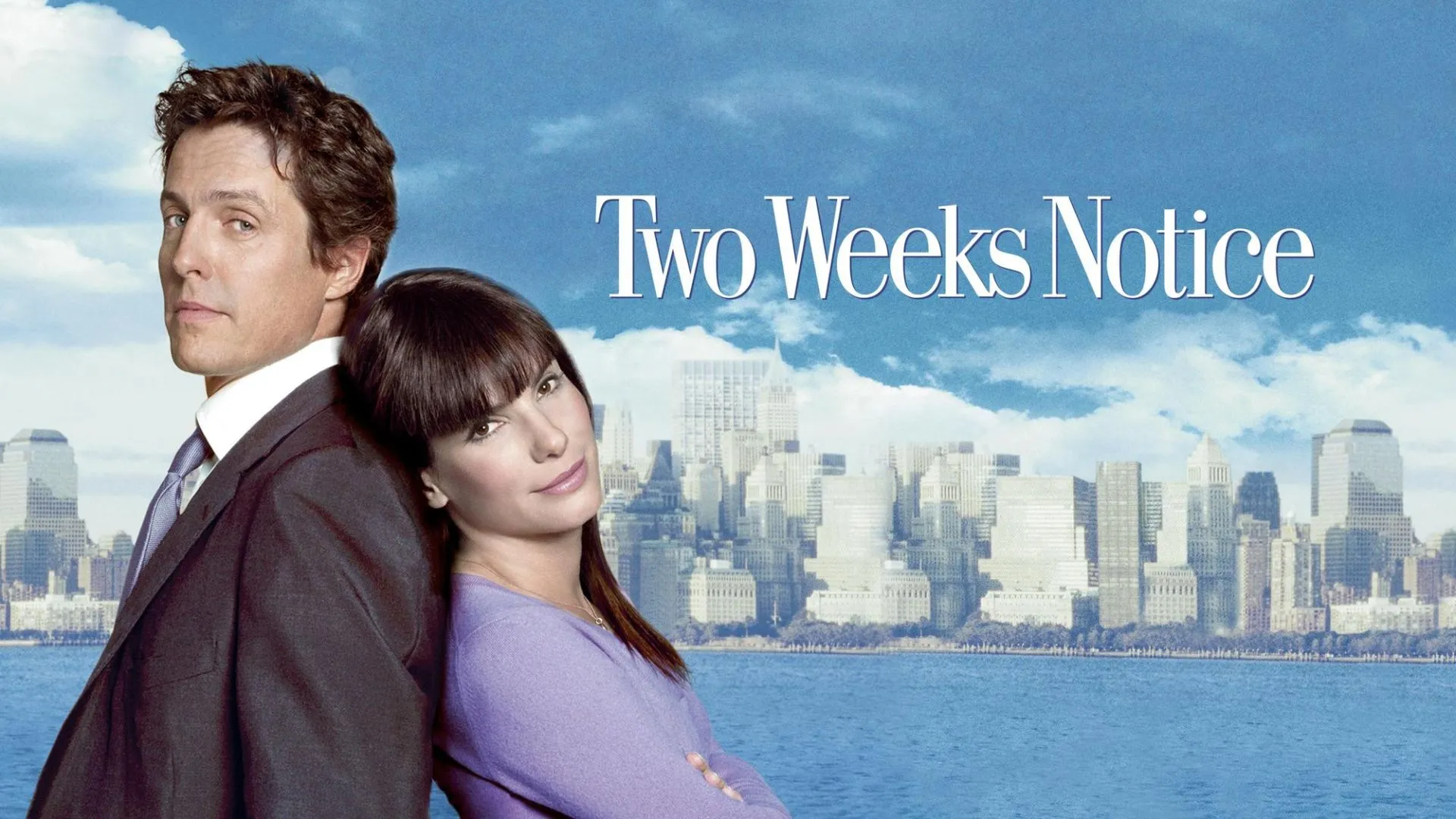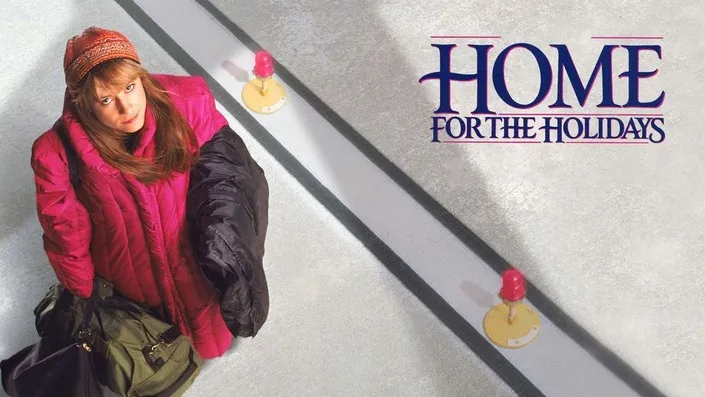The past never sleeps. And peace was never promised.
Twenty-four years after Michael Bay's explosive original, Pearl Harbor 2: Retribution returns to the blood-soaked waters of the Pacific—not to repeat history, but to confront its echoes. Set in the turbulent aftermath of World War II, the film trades sweeping romance for simmering vengeance, and nostalgia for reckoning. This is not a love story in the ruins. This is the war that never truly ended.

The year is 1951. The world is rebuilding, but ghosts still walk among the veterans of Pearl Harbor. Captain Mason Hale (Austin Butler), a young Navy officer born the day after the attack, is pulled into a covert operation when Japanese ultranationalists hijack a nuclear submarine—one believed lost in the final days of the war. Their mission: to rewrite history, one devastating blast at a time.
As Mason races across oceans, he uncovers an unsettling truth: the shadows of global war never truly vanished—they just learned to wear diplomacy. Teaming up with Lieutenant Hana Saito (Rinko Kikuchi), a Japanese-American cryptographer whose father vanished during the Tokyo firebombings, the two must navigate betrayal on both sides of the Pacific, unearthing a conspiracy buried beneath ashes and honor.

Directed by Joseph Kosinski (Top Gun: Maverick), Retribution blends sweeping aerial combat with tense espionage, crafting a sequel that’s as emotionally charged as it is visually breathtaking. The film moves from the shattered decks of rusting warships to the gleaming conference halls of postwar politics, reminding us that wars don’t end with peace treaties—they echo in every generation that follows.
This is not simply about revenge. It’s about legacy. About healing. And the terrifying cost of forgetting what fire once taught us.



